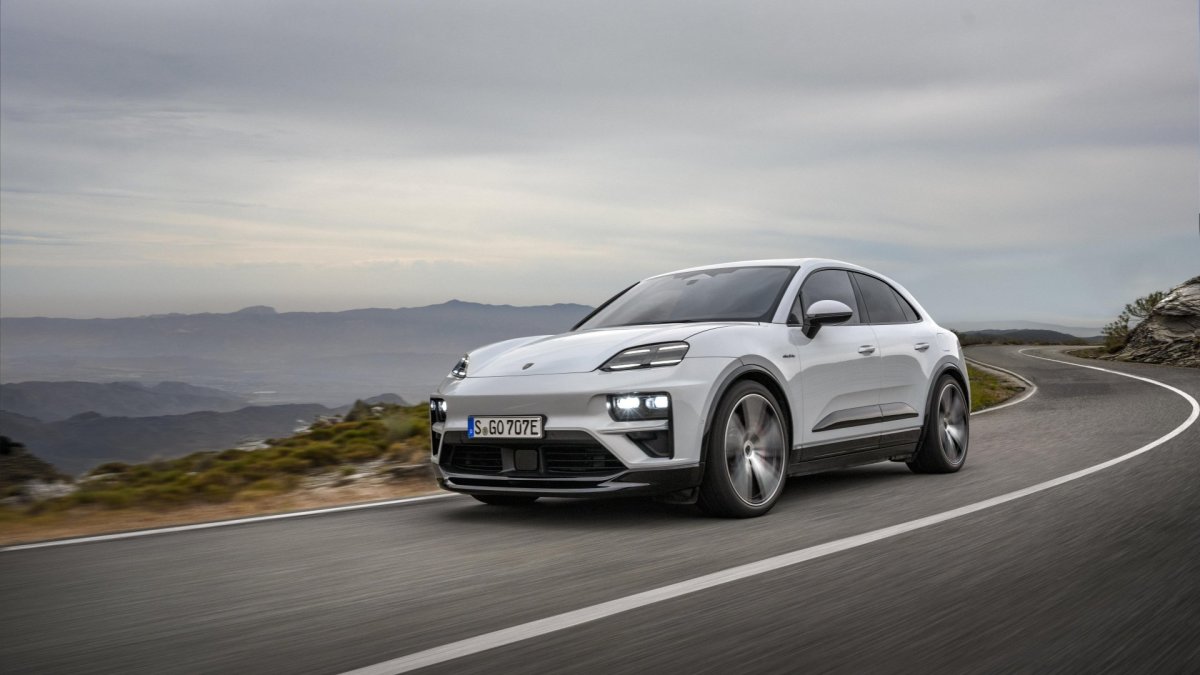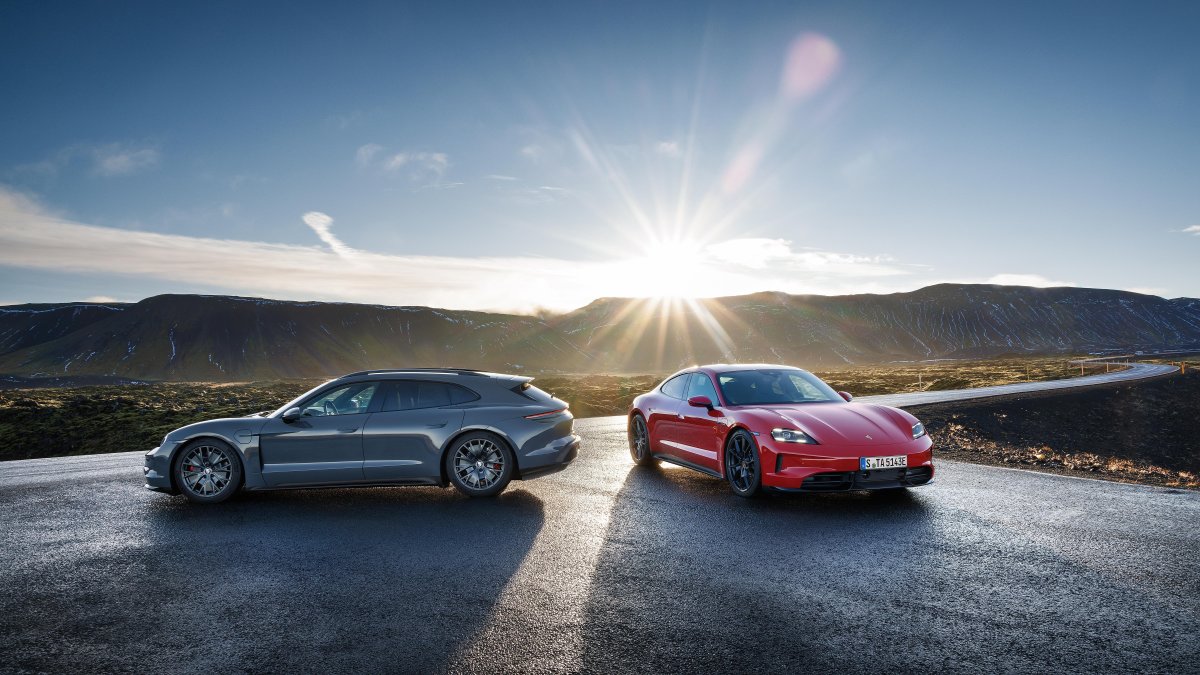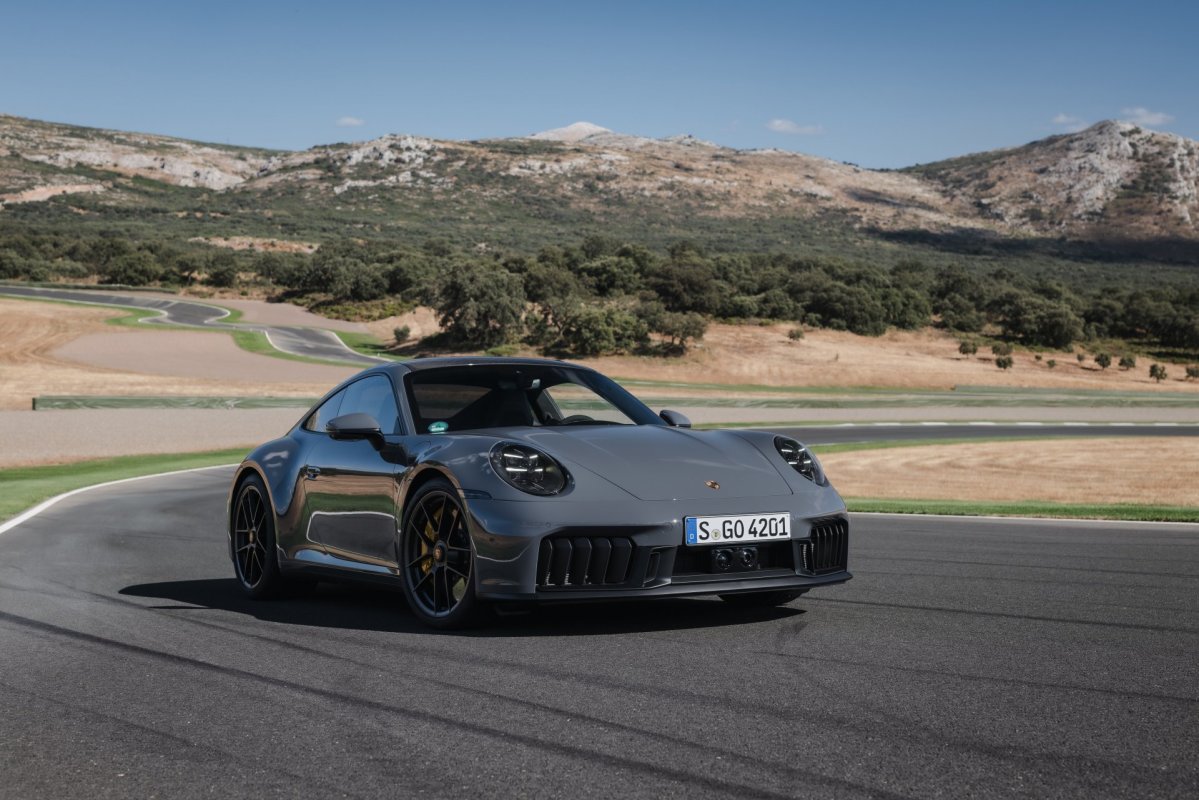A mixed bag of sales
Porsche just posted a record-breaking sales quarter in North America, driven by renewed enthusiasm for its SUV lineup and the arrival of its new electric Macan. But even that strong performance wasn’t enough to offset a rough global start to 2025.
The German automaker reported an 8% decline in global sales for the first quarter compared to last year, with China — the brand’s largest single market — dragging down the numbers. Porsche’s sales in China plummeted by 42% year-over-year, a staggering drop that reflects both economic headwinds and a challenging EV transition.
North America leads the charge
On the surface, there’s plenty for Porsche to celebrate. U.S. sales surged by 37% in the first quarter compared to the same period last year, making it the best-ever quarter for Porsche North America. That number is somewhat inflated by the fact that 2024’s first quarter was slowed by shipping delays and inventory shortages, but there’s no question that the automaker is riding a wave of momentum.

Porsche
The revamped Macan is at the heart of that growth. Porsche’s small SUV has long been a volume driver, and the new all-electric version appears to be a hit right out of the gate. Nearly half of all Macans sold in the U.S. this quarter were EVs, and plug-in vehicles (including both battery electric and plug-in hybrids) accounted for nearly a quarter of Porsche’s total U.S. sales.
Certified pre-owned sales also contributed to the brand’s U.S. success, climbing 11.7% to 11,587 units. This trend is likely to continue as Porsche pushes its new vehicle prices higher and potential tariff hikes loom.
Global challenges weigh on results
Despite the North American high, Porsche is facing strong headwinds elsewhere. The 42% sales slump in China is a major concern. That market has been central to Porsche’s growth strategy over the past decade, and the slowdown reflects broader challenges in China’s economy as well as fierce competition from local EV manufacturers.

Porsche
Europe, Porsche’s home turf, is also seeing a downturn. Combined with China’s collapse, the result is a global picture that’s hard to sugarcoat. Porsche’s international decline underscores the risks of a staggered EV rollout — one that is accelerating in some markets while others lag or demand different powertrain options altogether.
Still, the company remains optimistic. “We will continue to meet the diverse requirements of our customers in the future with a product strategy that includes all three drive variants for two-door sports cars, sports sedans, and sports SUVs well into the 2030s,” said Matthias Becker, member of the executive board for sales and marketing at Porsche AG.
Final thoughts

Porsche
If North America is any indication, Porsche’s updated lineup and electrification strategy can succeed, but only if the brand manages to maintain momentum while navigating the broader global transition. China’s downturn is a red flag, not just for Porsche but for other luxury brands betting big on EVs in a rapidly shifting market.
For now, Porsche finds itself in a familiar place: celebrated in the U.S., challenged abroad, and racing to stay ahead of an industry in flux.











Leave a Reply